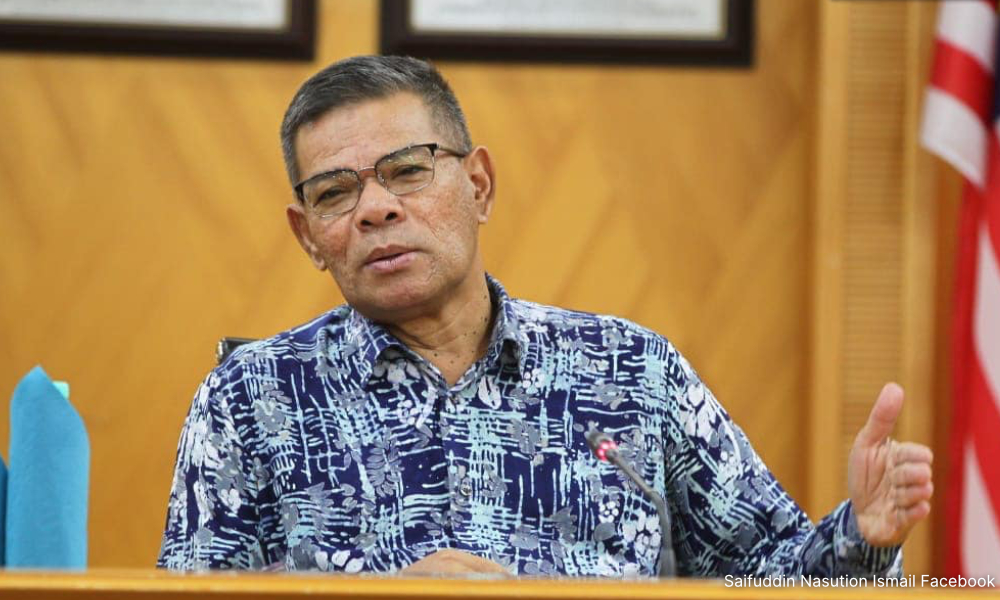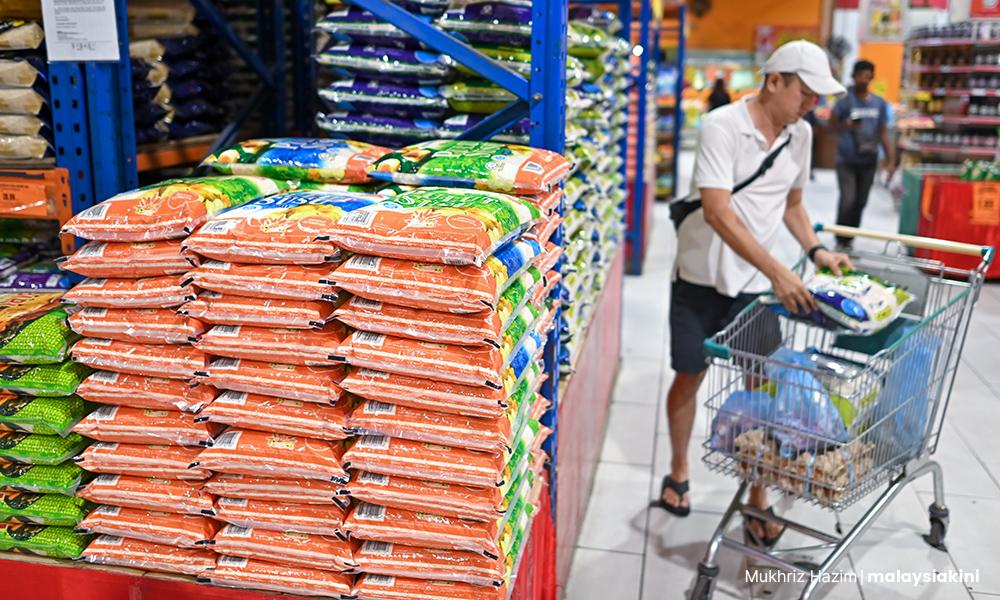Project Stability and Accountability for Malaysia (Projek Sama) has warned that the introduction of home detention as an alternative to imprisonment “for some prisoners” could be abused to free powerful convicts like ex-premier Najib Abdul Razak.
Hence the institutional reform watchdog urged for a white paper on the topic before its implementation to prevent double standards being applied to prisoners.
Projek Sama warned that if home detention is eventually used by 1MDB corruption convict Najib as a covert “get-out-of-jail” card, Prime Minister Anwar Ibrahim and his Madani government’s trust deficit with Malaysians and the international community will dive deeper.
“The ringgit will face greater downward pressure if the Madani government is perceived to be under not just ‘elite capture’, but ‘prisoners’ capture’.
“The white paper must present the SWOT (strengths, weaknesses, opportunities, and threats) analysis of this mechanism, feedback from stakeholders, and most of all, demonstrate a transparent, consistent, professional, and accountable process to determine the eligibility of applicants,” the group said in a statement today.
It asked: “How would ‘some prisoners’ be chosen?
“In many countries, home and hospital detentions have been abused to free rich and powerful convicts from imprisonment, while convicts from ordinary backgrounds are often denied or deprioritised for such opportunities.
“A rigorous white paper will build public confidence that home detention will not similarly become a privilege or ‘priority lane’ for powerful criminals, or worse, be abused as a bargaining chip in political deals,” it added.
Projek Sama said that a white paper must be tabled and debated in Parliament before any changes are made to laws, by-laws, or administrative orders.
Anwar’s government, it said, no longer enjoys credibility in reforms or in the fight against corruption, which it had when it came into power 15 months ago.
The group added that allowing Najib’s pardon application to take precedence over many other eligible applicants resulted in an even greater public distrust of new government initiatives and that people would now look even harder for hidden agendas.
Under review
Home Minister Saifuddin Nasution Ismail said on Saturday that the government has agreed in principle to implement the licensed release of prisoners, through home detention, for prisoners serving jail time of four years and below, as an effort to reduce overcrowding in prisons.

His ministry is in the process of examining the implementation method from the point of view of relevant legal provisions to determine whether laws need to be amended.
“It needs to be reviewed whether it is sufficient to amend the existing laws, or whether there is a need to enact a new law under the authority of the Prisons Department director-general or the Home Ministry,” he said.
Madani white rice
Projek Sama also claimed that the recent apparent U-turn over the Madani white rice announcement had also contributed to feelings of mistrust in the administration.
This happened when the chairperson of the council’s food prices committee, Syed Abu Hussin Hafiz Syed Abdul Fasal, announced that the government would introduce the “Madani white rice” priced at RM30 for a 10kg sack from March 1.
However, Agriculture and Food Security Minister Mohamad Sabu distanced himself from the announcement and said that no decision on the matter has been made.

“Frivolous policy-making should be guarded against in a country which aims to be amongst the world’s top 30 economies, top 12 in global competitiveness, and top 25 in the Human Development Index.
“Projek Sama urges the government to make it a standard operating procedure (SOP) from now on that every important policy or reform initiative, including home detentions, price control for rice, or pension reform for civil servants, would have a white paper tabled and debated in Parliament before implementation.
“If the government is only studying a certain issue without a firm commitment to a particular solution, then a green paper should be published to lay down basic facts, considered options and parameters for public debate,” it said.
Projek Sama said that white papers are well established in Commonwealth countries as detailed reports that describe problems with data, list and evaluate potential solutions, recommend a solution, and include responses to comments from the public.
“White papers are an elementary tool to assure rigour in parliamentary decision-making.
“A white paper on home detention will assure the public of the prudence, integrity, and abuse-proof design of the policy and will help the Madani government reduce its severe trust deficit,” the group added. - Mkini



No comments:
Post a Comment
Note: Only a member of this blog may post a comment.